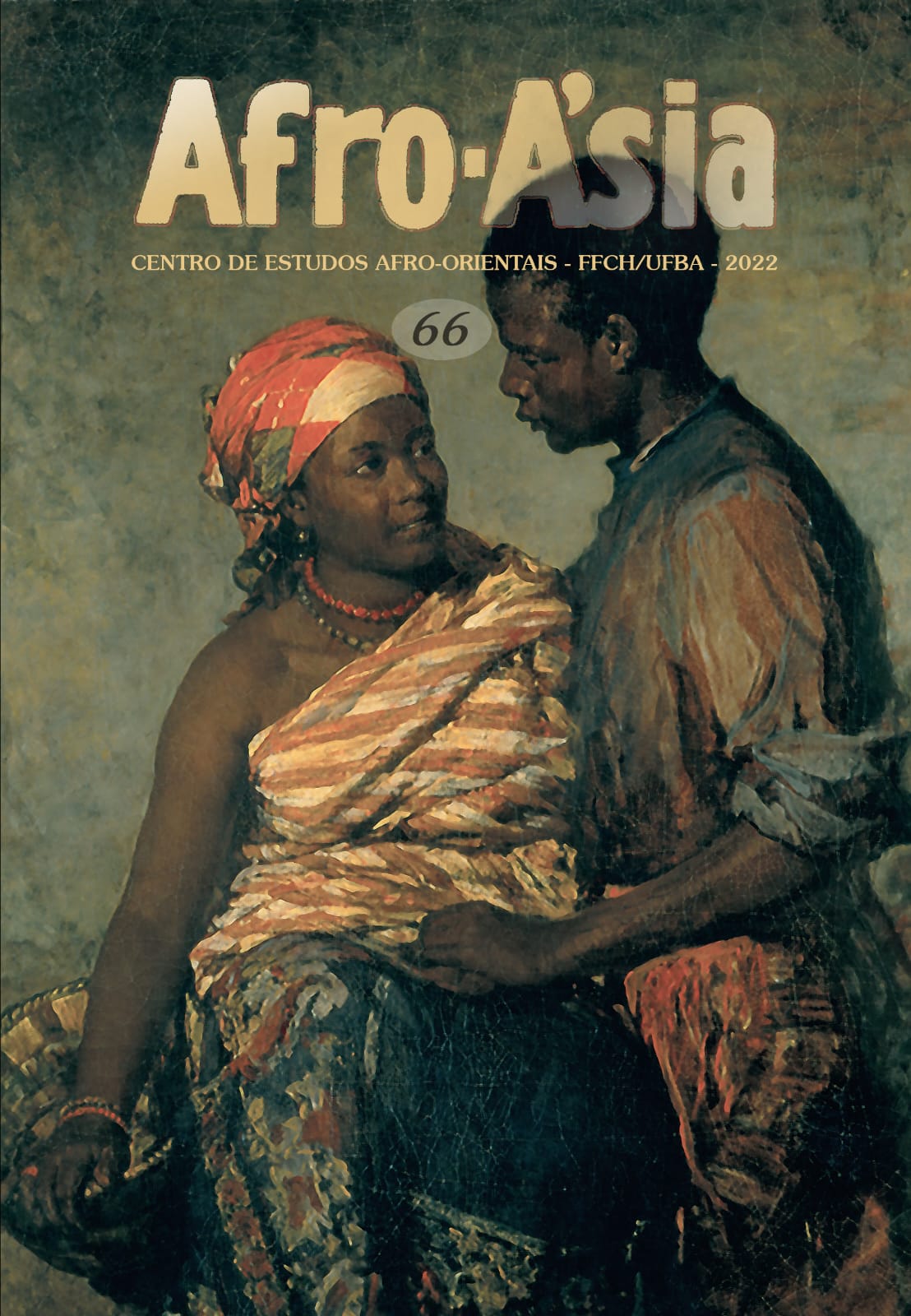The East through Camões’ Eyes
A Truth that Befits
DOI:
https://doi.org/10.9771/aa.v0i66.49522Keywords:
orientalism, epic poetry, colonialism, Portuguese renaissanceAbstract
Commentators of Camões have observed that, in seeking out historical material of his poem The Lusiads, the poet clung to a supposed “truth” gleaned from chronicles and in oral traditions. The portraits of Africa and Asia that he conceived are the result of his yearning for historical truth. This article proposes a contrary view, namely, that Camões recorded a convenient truth, favorable to
the interests of the nobility of the house of Avis, in composing a heroic portrait of
Vasco da Gama’s mission, while omitting its inhuman practices. Having been in close contact with the oppression and enslavement of African peoples, the poet adjusted the image of Africa and Asia to that of the antagonist, portraying its peoples as unlearned and as enemies of the faith. This historical erasure of history masks a desire for domination over people who in later centuries were colonized and enslaved.
Downloads
Downloads
Published
How to Cite
Issue
Section
License
Copyright (c) 2023 Luís André Nepomuceno

This work is licensed under a Creative Commons Attribution 4.0 International License.
You are entitled to freely share, adapt and use the work herein published for any legitimate purpose as long as authorship and the original source are acknowledged.




